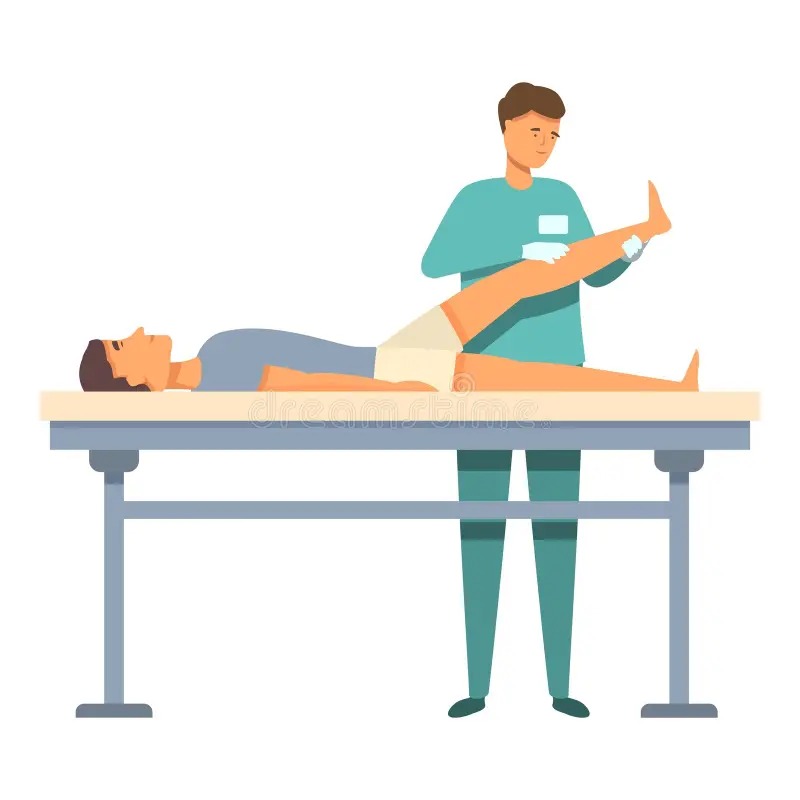Orthopedics is a medical specialty focused on the diagnosis, treatment, and prevention of musculoskeletal disorders and injuries. The musculoskeletal system includes bones, joints, muscles, ligaments, tendons, and nerves, all of which work together to support the body's structure and facilitate movement. Orthopedic specialists, known as orthopedic surgeons or orthopedists, are trained to address a wide range of conditions affecting these structures, from minor strains and sprains to complex fractures and degenerative diseases.

Orthopedic conditions can affect people of all ages, from newborns with congenital abnormalities to elderly individuals experiencing degenerative changes in their joints. Some of the most common conditions treated by orthopedic specialists include:
- Fractures: Broken bones resulting from trauma or injury, such as falls, sports accidents, or motor vehicle collisions.
- Osteoarthritis: A degenerative joint disease characterized by the gradual breakdown of cartilage, leading to pain, stiffness, and reduced mobility.
- Rheumatoid arthritis: An autoimmune disorder that causes inflammation in the joints, leading to pain, swelling, and deformity.
- Sprains and strains: Injuries to ligaments (sprains) or muscles and tendons (strains) resulting from overstretching or tearing.
- Tendonitis: Inflammation of a tendon, often caused by repetitive overuse or sudden injury.
- Bursitis: Inflammation of the small fluid-filled sacs (bursae) that cushion and lubricate the joints.
- Rotator cuff injuries: Tears or inflammation in the group of muscles and tendons that stabilize the shoulder joint.
- Meniscus tears: Tears in the cartilage of the knee joint, often caused by twisting or sudden movements.
- Herniated discs: Bulging or ruptured discs in the spine that can compress nerves and cause pain, numbness, or weakness.
- Scoliosis: Abnormal curvature of the spine, which can range from mild to severe and may require bracing or surgery.
Orthopedic specialists employ various treatment modalities to manage these conditions, including conservative approaches such as medication, physical therapy, splinting, and orthotics. When conservative measures are insufficient or when a condition requires surgical intervention, orthopedic surgeons may perform procedures such as fracture reduction and fixation, joint replacement surgery, arthroscopic surgery, spinal fusion, or soft tissue repair.
Overall, orthopedics plays a crucial role in helping individuals maintain optimal musculoskeletal health and function, whether they are recovering from an injury, managing a chronic condition, or seeking to improve their quality of life through treatment and rehabilitation. By addressing both acute and chronic musculoskeletal problems, orthopedic specialists contribute to the overall well-being and mobility of patients across all age groups.





Comments